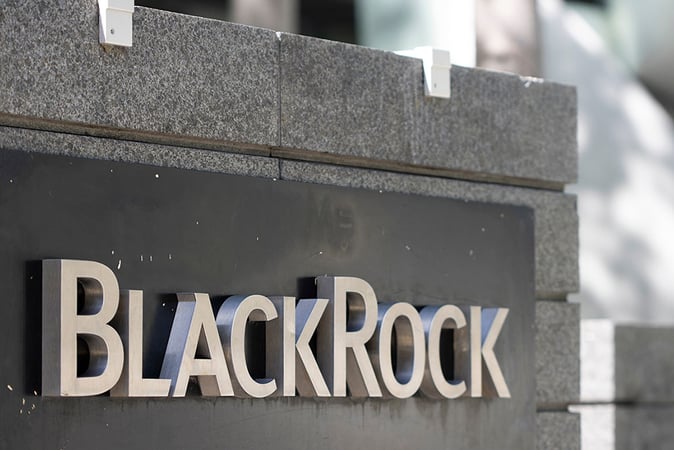
Arizona Governor Katie Hobbs has vetoed two cryptocurrency-related bills passed by the state legislature, citing concerns over the financial risks involved in integrating digital assets with state operations.
The decision reflects the governor’s cautious approach to digital assets despite growing legislative interest in crypto initiatives. Both measures would have expanded the role of cryptocurrency within state financial mechanisms, but were ultimately blocked due to what Hobbs described as “too much risk.”
Detailing The Rejected Crypto Bills
The first bill, Senate Bill 1373, would have created a strategic reserve fund from seized cryptocurrency assets. While this fund would not have directly involved taxpayer money, it raised concerns for Hobbs about connecting state financial infrastructure to a volatile asset class.
In her veto letter, the governor acknowledged the use of crypto in state processes but emphasized that “current volatility” in the digital asset market makes it unsuitable for reserve fund planning.
Earlier this legislative session, Hobbs did sign House Bill 2749 into law, which allows for a reserve fund to be created from unclaimed crypto assets, but with clear restrictions around legislative oversight.
Gov. Hobbs signs HB 2749—Arizona’s Bitcoin & Digital Assets Reserve Fund, funded only by seized crypto. Signals comfort with state-held BTC and could lift SB 1373’s chances. State-level $BTC reserve momentum rising.🏛️⚡️ #Bitcoin #Arizona #StrategicReserves https://t.co/zOGiPW57Vq
— SSI (SoSoValue Indexes) (@SoSoValue) May 8, 2025
In addition to SB 1373, Governor Hobbs also rejected Senate Bill 1024, which would have permitted Arizona state agencies to accept digital currency as a form of payment for fines and civil penalties.
Her veto cited the risks of enabling government institutions to operate directly within the crypto ecosystem, a view that has seen some bipartisan acknowledgment among lawmakers.
The rejection of SB 1024 follows a similar veto earlier in the month of SB 1025, which would have authorized Arizona’s state treasurer and retirement systems to allocate up to 10% of their portfolios in digital currencies.
Consumer Protection Measures Win Approval Amid Regulatory Balancing Act
While Governor Hobbs has blocked broader adoption efforts, she has shown support for crypto regulation intended to protect consumers. Last week, she signed House Bill 2387 into law, which imposes a range of requirements on cryptocurrency kiosk operators.
Under HB 2387, kiosks must display consumer warnings about fraud, collect customer risk acknowledgment statements, provide transaction receipts, and enforce a $2,000 daily transaction cap for new users.
Additionally, kiosk operators must maintain 24/7 customer service to assist users and mitigate misuse, an element designed to safeguard vulnerable populations, especially seniors.
The contrasting decisions highlight a measured regulatory stance by the Arizona governor: supportive of protective oversight but hesitant to embrace broader state-level crypto adoption. Arizona’s approach mirrors trends in other US states grappling with the balance between innovation and public sector risk exposure.
Featured image created with DALL-E, Chart from TradingView

Editorial Process for bitcoinist is centered on delivering thoroughly researched, accurate, and unbiased content. We uphold strict sourcing standards, and each page undergoes diligent review by our team of top technology experts and seasoned editors. This process ensures the integrity, relevance, and value of our content for our readers.















